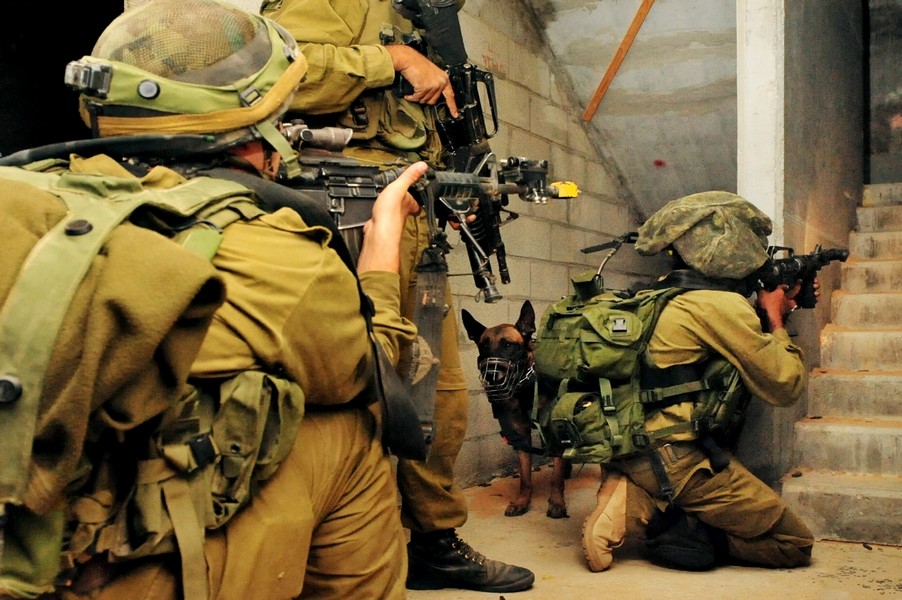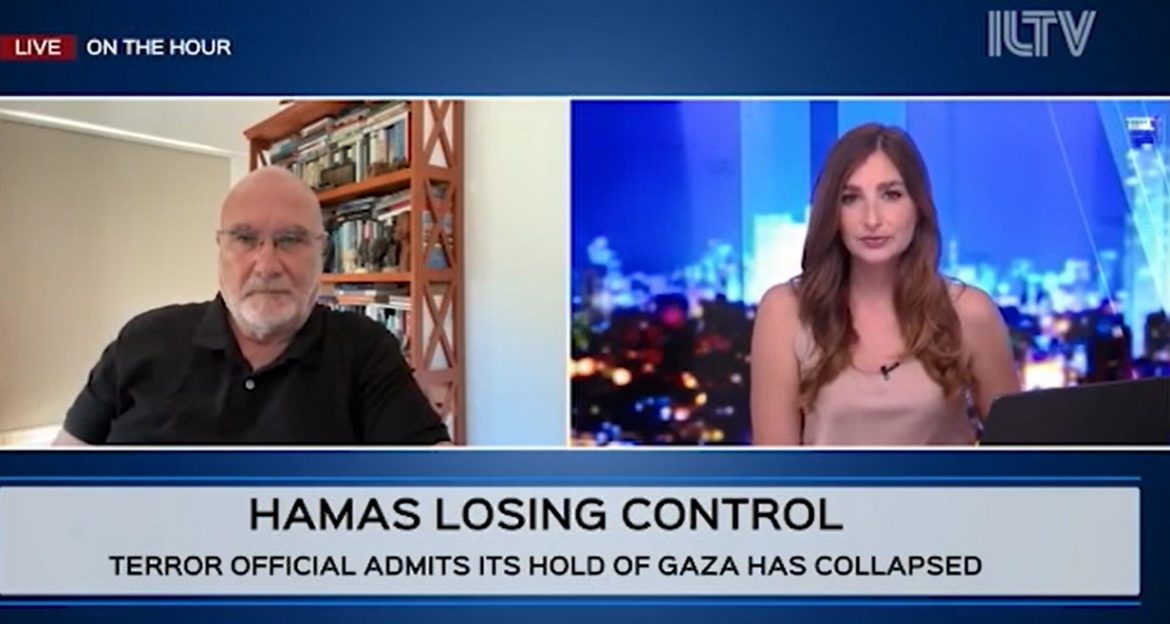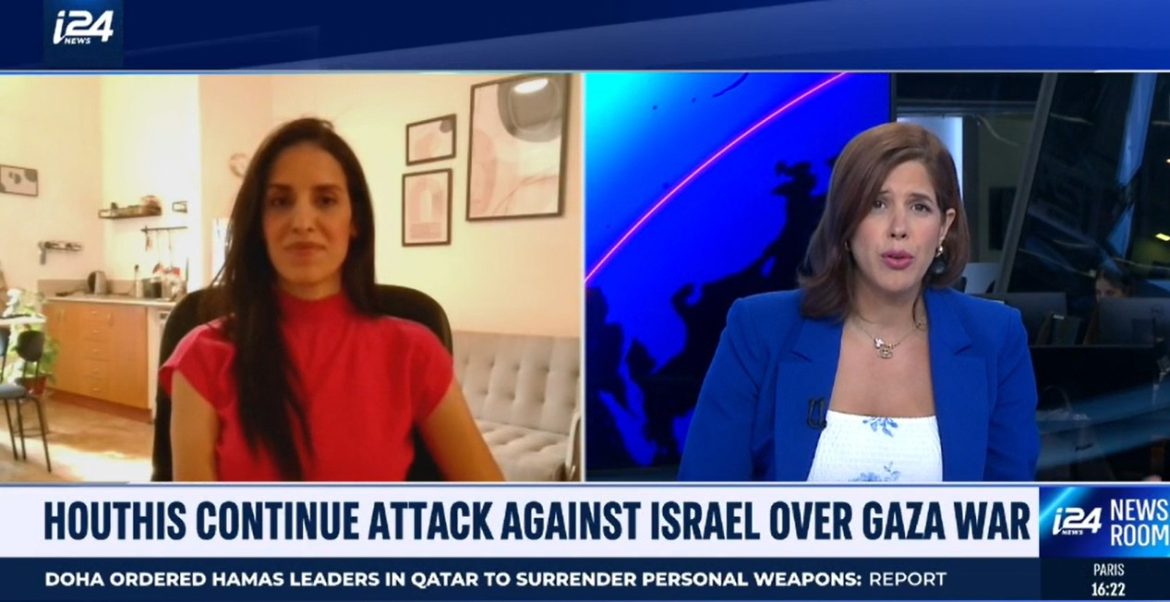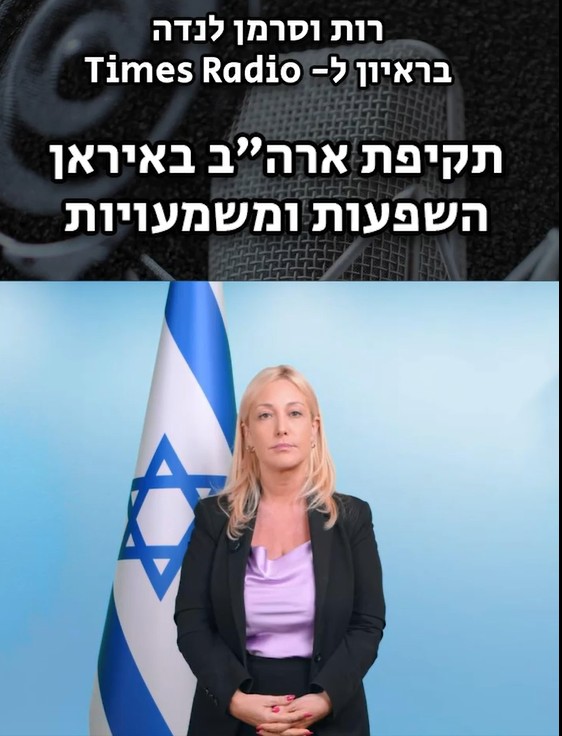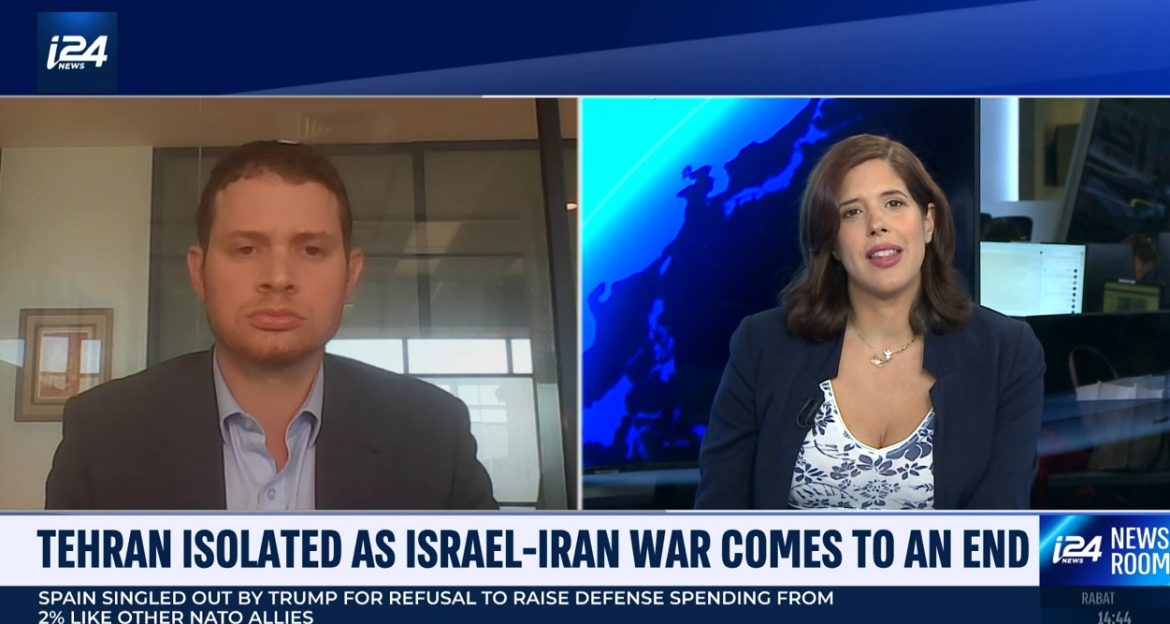In the Media
Ruth Pines Feldman: Israel has proven it can be flexible while still upholding its red lines. Israel’s ability to sway the US administration against a deal with Iran while also convincing Trump that the US needed to join in on the attack has proven its aptitude in applying pressure. Also contributing to the American decision was Iran’s stalling of negotiations, which further pushed Washington to choose the military option against Iran.
There is an American desire to end the war in Gaza, coupled with a willingness to negotiate and pressure on Israel. But because of Hamas’ lack of flexibility, Israel will be successful in changing the American position to understanding its red lines.
Published in The Media Line, July 09, 2025.
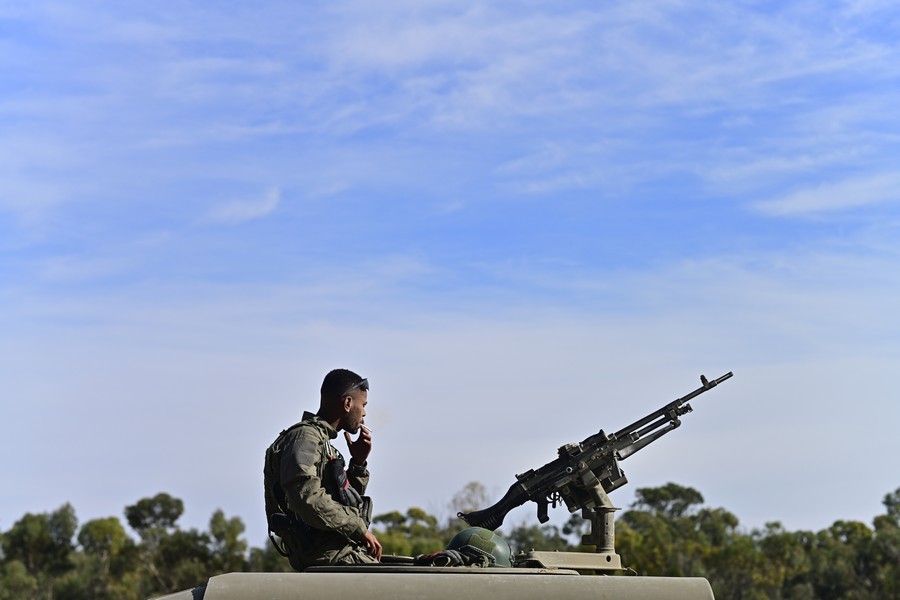
Prof. Kobi Michael: We could have achieved the military goal two months ago — maybe even earlier, since the end of the last ceasefire on March 18. The cabinet had a clear plan: occupy 70% of Gaza, push the population to the south into safe zones, and fully besiege the remaining 30% — mainly Gaza City. Anyone remaining would be considered a Hamas militant, and have only two options: surrender or be killed. Unfortunately, we didn’t stick to that plan.
If we choose the negotiation path, we must follow it to the end — without hesitation. If we choose the military path, we must break Hamas completely. We can’t keep wavering.
The interview took place on ILTV, on July 7, 2025.
Noa Lazimi: In fact, Iran is highly motivated to retaliate now. And in my view, it’s only a matter of time until it does so. Now, as for the Houthis, despite the fact that they don’t seem to possess a relatively high level of threat to Israel, what worries me most is their consistency and their radical ideology. I mean, they’re not showing any signs of backing down. And you would expect them to be extremely weakened or at least not as motivated to provoke Israel after the major hit that Iran suffered. And obviously that did impact their weapon supply and also taking into account the American air sites on Yemen. But still for them it’s important to show even with a few missiles that they’re still in the picture that they’re here to stay and we have to take them into account in the regional order.
The interview took place on Channel I24, on July 3, 2025.
Meir Ben-Shabbat: Israel faces a delicate decision. If it focuses solely on threats, it risks missing a rare opportunity to reshape the reality along its northern border. On the other hand, if it makes concessions in the style of the ‘Oslo process,’ these could prove to be a dangerous gamble.
The status of the Golan Heights is non-negotiable. The Golan Heights without peace is preferable to peace without the Golan Heights. Israel seeks de jure recognition of its control over the Golan, viewing it as the strategic defense line on its eastern border.
Published in JNS, July 03, 2025.
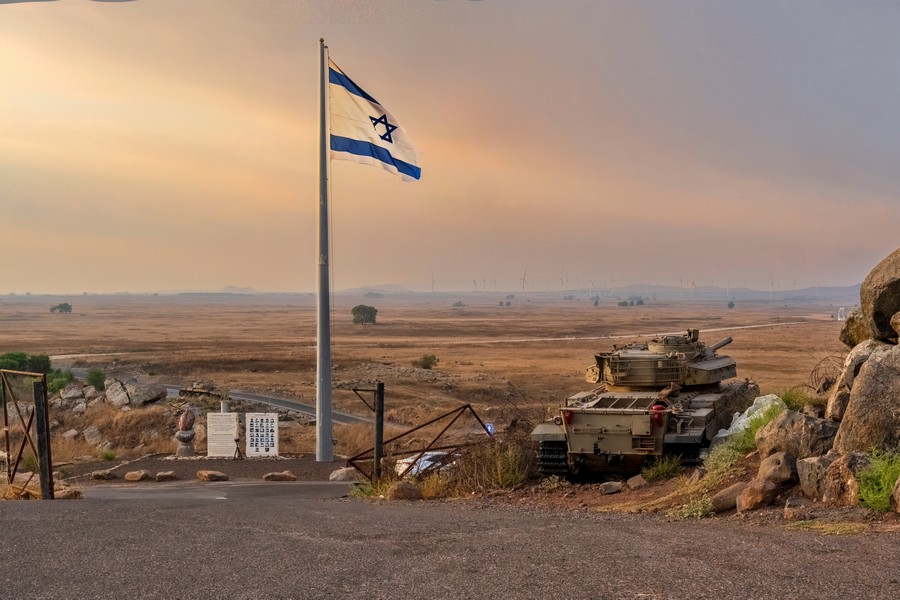
As Israel and Iran were already exchanging missile strikes and conducting airstrikes, the situation in West Asia further deteriorated following United States’s attack on three Iranian nuclear facilities — Fordow, Natanz, and Isfahan — on June 22. Against this backdrop, Organiser Assistant Editor Ravi Mishra spoke exclusively with Joseph Rozen — Geopolitical Strategist, Senior Fellow at the Misgav In…
Published in Organiser, July 01, 2025.
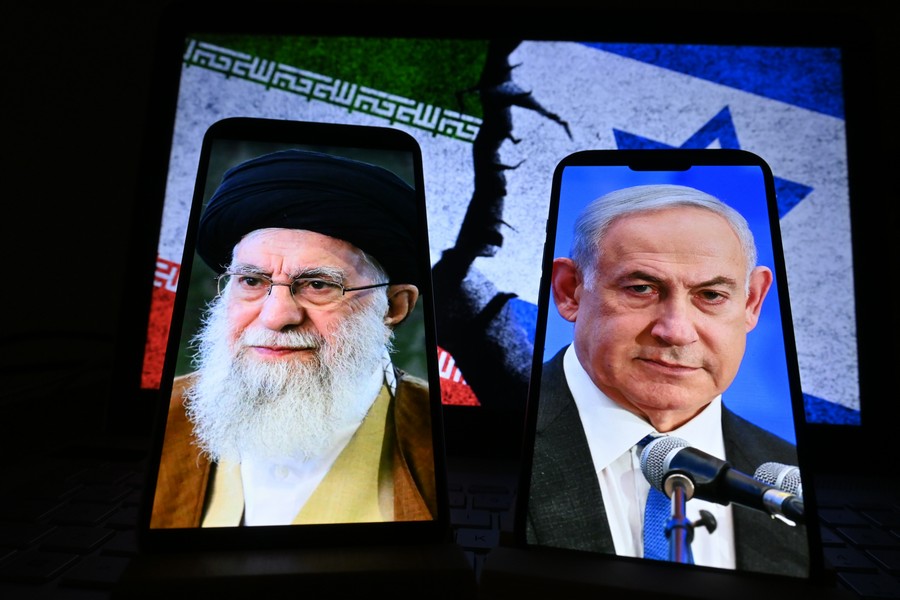
Meir Ben Shabbat: The choice is not simply hostage release versus ending the war, but rather hostage release versus preserving Hamas. This is the implication of an overall deal for the release of all hostages in line with conditions that Hamas is demanding. These conditions include a complete cessation of combat with international guarantees, withdrawal to the Oct. 6, 2023, lines, the rebuilding of Gaza and the release of Palestinian security prisoners.
The blow that Hamas took from Israel is indeed severe, but it is not mortal and not irreversible. Hamas’s ability to pose an immediate significant threat to Israel in terms of rocket fire or a ground attack in the style of October 7th has probably been denied. It has lost many of its personnel, its means of combat and production, but one should not learn from this about its recovery capacity.
Hamas is still the main power in Gaza. Its fighters and leaders operate mainly in tunnels, take few risks, act in a guerrilla-like manner when opportunities arise, and wait for the moment they can safely emerge above ground.
Published in JNS, July 01, 2025.
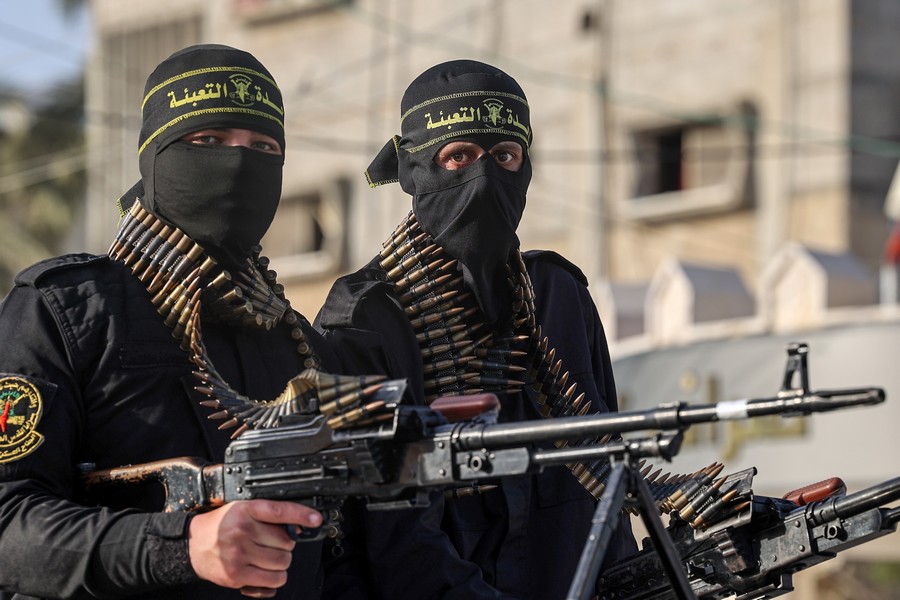
Prof. Kobi Michael: They came out as the winners of this war. They coordinated Iran’s retaliation on US soil, positioned themselves as the ultimate mediator, not just regionally, but globally. President Trump didn’t negotiate with the Iranians directly. He did it through Qatar.
Qatar’s role went beyond diplomacy. They even coordinated the Iranian retaliation against the US bombing of Fordo, including the attack on the American base in Qatar itself. That shows how far they went in playing both sides.
President Trump is so happy with this result that he’s softening US pressure on Qatar regarding its ongoing support for Hamas. That’s the problem. The Americans were hijacked by the Qataris.
Qatar’s long-standing ties to Hamas and the Muslim Brotherhood continue to raise concerns in Israeli and regional policy circles. Together with Turkey, they are the biggest supporters of political Islam. They want Hamas to stay in Gaza—and to dominate the entire Palestinian political arena. Their vision is to reestablish an Islamic caliphate.
Published in The Media Line, June 27, 2025.
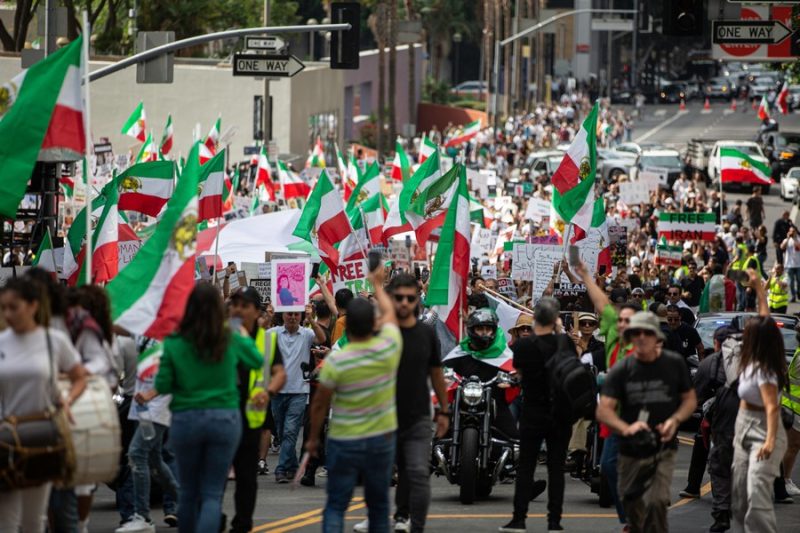
Ruth Wasserman Lande: “From the start, I believed the U.S. would realize that the Fordow nuclear facility had to be taken out — for the safety of the entire international community. This isn’t about the Iranian people. It’s about the regime — and that regime must not have a military nuclear program. The U.S. did the right thing.”
“Iran calls it aggression, but for years it has been arming, funding, and training proxies to attack Saudi Arabia, the UAE, Bahrain, and of course, Israel and the Jewish people.”
The interview took place on Radio Times on June 26, 2025.
Asher Fredman: The new reality in the Middle East creates tremendous possibilities for expanding regional cooperation.
As former U.S. National Security Advisor Ambassador Robert O’Brien suggested on the Misgav Institute’s new Mideast Horizons podcast, it may be possible to expand the circle of peace not only to Saudi Arabia, but to additional GCC countries such as Kuwait, Oman and even Qatar.
The interview took place on Channel I24 on June 25, 2025.




